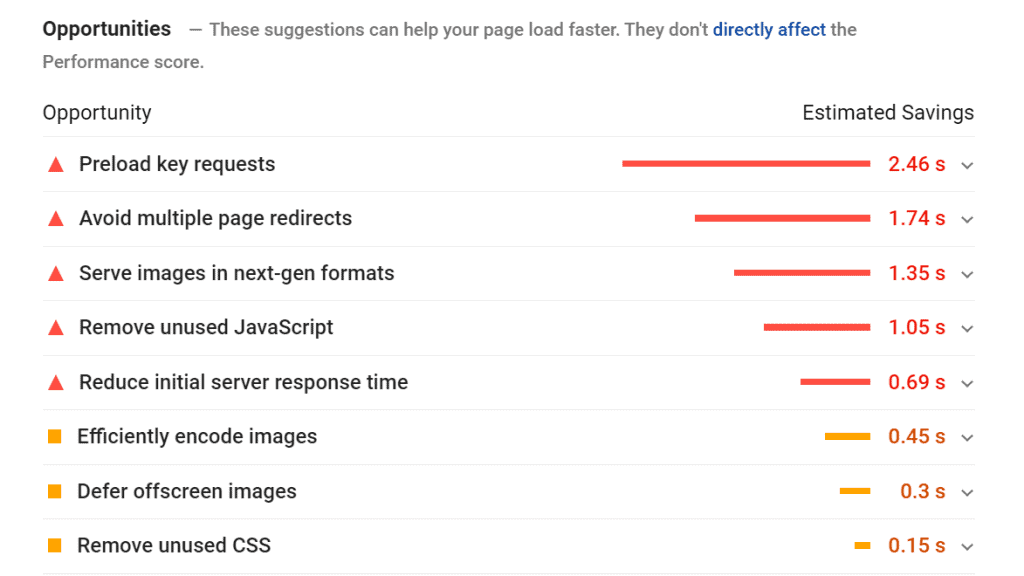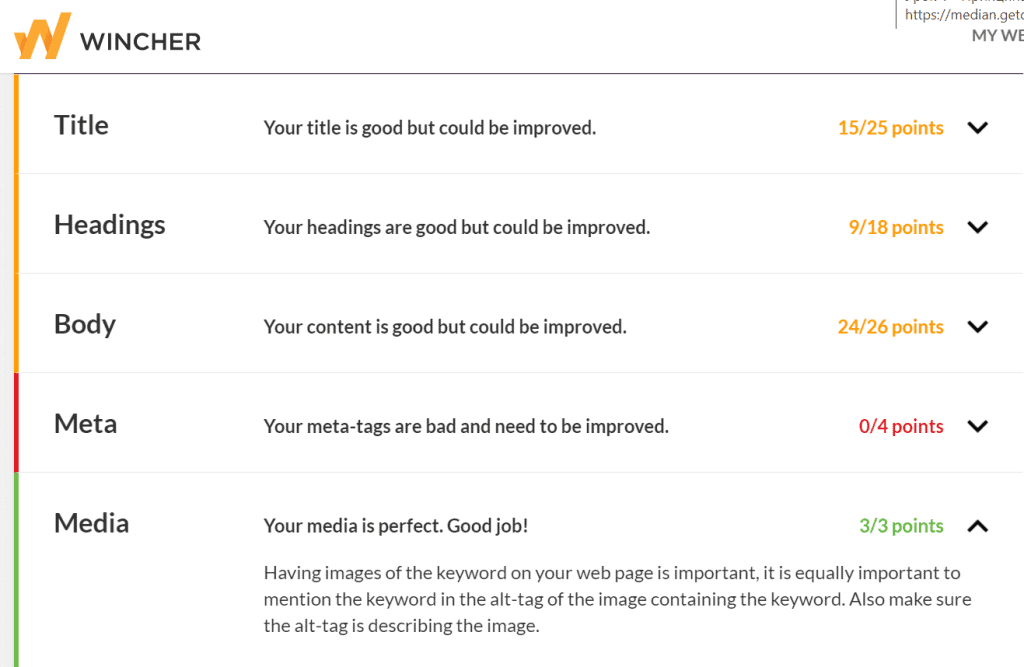Last Updated on 1 year by Francesca Egay
On-page SEO is one of the most essential aspects you can use to obtain higher rankings in organic search engine results and to run successful SEO strategies.
A website is the major point of all SEO processes. If it is not optimized for both potential users and search engines, you reduce the chance of acquiring organic traffic from Google. Nowadays, lots of people just like you are looking for content. You could help them identify this by becoming an SEO expert.
According to HubSpot, 80 percent of the traffic on the website starts with a search question. That’s why search engine optimization (SEO) is so crucial. Maintaining at the top of SEO takes a lot of effort and exploration. Google’s algorithms are regularly updated, so it would be important to keep aware of the latest news and changes. With all of this in mind and a little practice, you could become ab SEO expert.
In this article, I will share some tips about advanced on-page SEO. I am sure they will help you to optimize your website better and rank higher as a result. So let’s dive in!
Work on Speed Loading
Websites are not places with random information. Rather they are resources that help visitors find out exactly whatever they want. And that, too, in as little time as possible. A successful search session takes the minimum time that users spend on that. So there is a huge chance to experience a high bounce rate if the speed of loading is poor.
So how are you going to solve this? The first step for this is that you need to look at the latest speed of the website. I advise trying free tools that are provided by Google. PageSpeed Insights is a simple, but an accurate tool that will help to explore your website’s speed loading.
It scores your website from 0 to 100. If the speed is above 80, you are on better graphs. It also gives you suggestions for improvements that you can make to adjust the speed of your site. Otherwise, you can find a company that provides SEO services that are cost-effective and also check your site for loading speed.
Related: Website Speed Optimization Tips for a Faster Freelance Site
Page Segmentation
Every web page consists of different components such as a header, footers, sidebars, and many others. Search engines have worked for a long time to find the key component of a particular website. Both Microsoft and Google usually hold many patents indicating that content in the more relevant parts of HTML has more stiffness.
Content that contains in the main body text is expected to have more value than text located in sidebars or alternate positions. Repeating text mounted on boilerplates, or chrome, is more likely to be discounted. Page classification is becoming more important as we keep moving to mobile devices that mostly hide segments of the page.
Search engines like to serve users with the visible and important portion of your pages, therefore text within these areas deserves more attention. Furthermore, HTML5 provides various semantic elements like <article>, <aside>, and <nav> that can firmly define segments of your webpage.
Using the Keywords
Precise use of keywords is significant among all advanced SEO techniques. You will need to keep the tone with the emphasis keyword when designing the content of your website, and you’ll need tools to do this.
It’s very important to use target keywords in the right way, so you will get better content marketing outcomes and better ROI as a result.
You can do some keyword research on Google AdWords Keyword Planner or any other SEO tools to make your pages work better. It offers you search volumes and keyword information that your rivals are targeting.
Speaking the Language of Your Searchers
To build smarter content plans and to provide your users with the best experience, it is essential to investigate how users think about and search for your service or product while searching for info online. Natural Language Processing (NLP) has already altered the way society works online.
Search has moved from basic keywords to purpose and context. Digital marketers need to concentrate more on how people search, recognize using natural language in content, and consider the fact that different searchers might not always use the same language.
To adjust the content to the way people search these days, you will need to focus on natural language.
Related: Speaking Loud And Clear – How Google NLP Can Help to Increase Transparency During a Crisis
As more people use interactive systems, optimizing the pages for voice-based requests of a different nature is becoming vital; these appear to be longer sentences and even more complete questions. If you’d like to adjust your content to a natural language search, you should provide full sentences that convey the full meaning. Although SEO means “search engine optimization,” you have to memorize that there will be actual people on the other side of the window. Therefore you need to create content for them and make it useful and authentic.
Don’t Forget About Internal Linking
When reading an interesting article, there are many occasions we find a link that inspires us to read another blog. Then third and then next. This is called internal linking. That’s important because it allows you to develop your blog structure in a better way. And on the other way, it also reduces the bounce rates which is very important for your SEO.
In my view, Wikipedia and Copyblogger are the best examples of well-connected online literature. Whenever you follow a similar template, you won’t find it hard to interlink your articles. When you write an article, try to link it to other related articles on your website. Your users will come and read those they find interesting. But you have to ensure that you do the proper linking part. If you use the Nofollow links, the search engines will not move the link juice. So, make the appropriate DoFollow pages and maintain your existing content ranking with this advanced on-page SEO technique.
Optimize your Images
Image is not just worth an old saying. It also reflects lots of visitors if you enhance them correctly. Start enhancing blog images for SEO on-page. Just follow these simple steps:
- Don’t name your images randomly. Change the names of the image file to the relevant ones. For example, “SEO-tips2020.jpg”. In this case, your image will display when anyone searches for “SEO tips 2020”.
- Include Alt text for the description of each image. This is what users see on the website if the image is not configured. This makes it easier for search engines to find your image.
- Using captions when individuals read them 300% faster than the main content is always a smart idea.
- WordPress provides the flexibility for you to add captions and alt text since they offer you an opportunity to do so when inserting an image.
Always remember that you have to keep the size of the image files small so that they can be loaded quickly. If appropriate, use tools that can help you minimize the size of your images. Needless to mention, the quality of the images should not be affected.
Improve Your Meta Descriptions
Meta descriptions are most often ignored because they have a little direct effect on search rankings. That may be valid, but meta descriptions can improve the click-through rate (CTR) which in turn, can considerably boost your rankings. Backlinko’s CTR report showed that pages with meta description had 5.8% more clicks than pages with no description.
To get things done faster, you can use different free tools and platforms, like Spotibo. Besides that, there is a free on-page SEO tool, created by Wincher. It will help you to identify how well your webpages are optimized for specific keywords and provide suggestions on how to fix potential issues.
On-Page SEO Tips: Conclusion
As we know, SEO is evolving rapidly. Business owners and advertisers need to adjust rapidly, but it is still possible to give the website a competitive edge. Use the tips above to obtain higher rankings through proper on-page SEO optimization.
About the author
Julia Burova is a professional business development manager with proven experience in customer acquisition, strategic partnerships, and outbound marketing. Now she takes care of global marketing and business growth at Wincher, SEO rank tracker.




